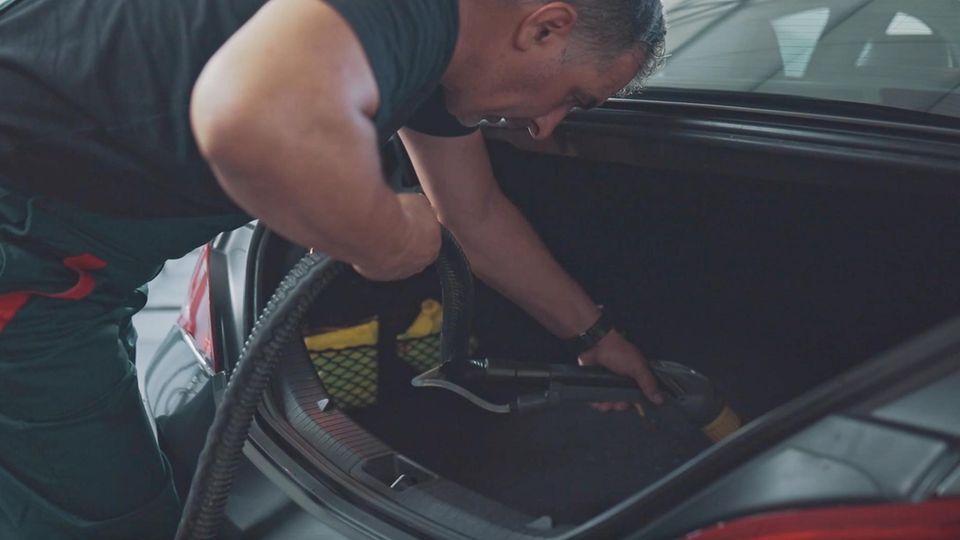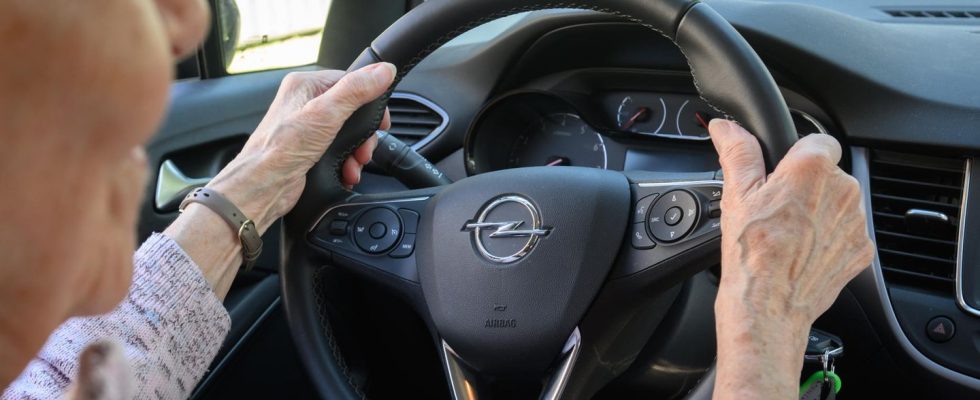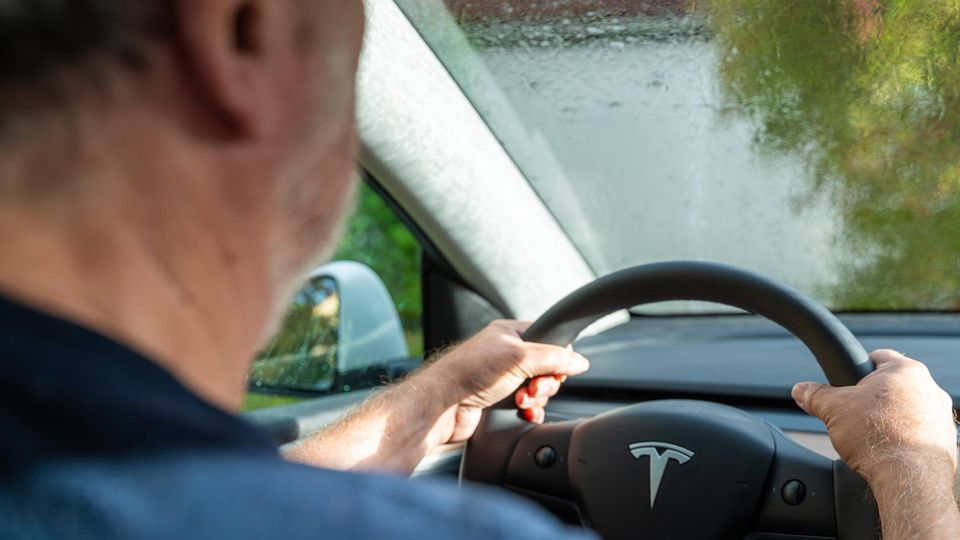questions and answers
EU votes on new driving license rules: This is what drivers should know
The EU will vote on Wednesday on whether drivers should have their health checked regularly in the future
© Julian Stratenschulte / DPA
There could be new rules for millions of drivers in Germany in the future. In mathematical terms, a small town dies on the streets of Europe every year: more than 20,000 people. The EU wants to change this, among other things, through new driving license requirements.
Will drivers have to have their health checked regularly in the future? This question will be addressed on Wednesday from 12 p.m EU Parliament and agrees its negotiating position on a reform of the EU driving license rules. German MPs are critical of such regular investigations, but they already exist in other countries.
Which driving license rules could be changed?
According to the wishes of the EU states, anyone who wants to have a driving license extended in the future will have to fill out a questionnaire with health questions. The aim is to check whether you are still physically fit to get behind the wheel. In Germany, such a self-disclosure could be due every 15 years in the future, according to information from the EU countries in December.
The investigations are only part of the project. Among other things, it is also about whether accompanied driving from the age of 17 should be possible across the EU in the future. According to the plans, driving licenses for cars, scooters and motorcycles are valid for 10 to 15 years – stricter rules apply for buses and trucks. At their discretion, each country is also given the opportunity to shorten these times for older drivers. The EU Commission originally proposed that driving licenses for people over 70 years of age should be renewed every five years.
What is checked during the health checks?
It’s about limitations such as poor eyesight, heart disease, epilepsy or alcoholism, which also pose a danger to other people in traffic. However, a doctor does not have to examine whether your own eyesight or drinking behavior poses a risk. Each country can also choose to only require self-certification.
What is the aim of the new driving license rules?
The new requirements are intended to make road traffic safer and fewer people die in accidents. According to EU figures, more than 20,000 people die on the roads in the European Union every year. The number of traffic deaths should actually be halved by 2030. However, the development does not currently look like this: after a significant decline during the corona pandemic, the number of deaths recently rose again.
Where does the push come from?
The revision of the rules is based on a proposal from the EU Commission that was presented in March last year. The responsible rapporteur in the Transport Committee, Karima Delli, initially demanded much more than health checks. She had found a majority in favor of this in the EU Parliament’s Transport Committee, but after cross-party criticism, the French Green MP had to say goodbye to several other proposals. The proposals sparked a debate about whether older people pose a risk on the road.
According to the MPs, this was about a special category of driving licenses that should be introduced for heavy cars such as SUVs. According to the information, the possibility that individual EU states could introduce night driving bans for young drivers is no longer up for debate.
What is the position of the EU states?
In the negotiations, the EU states will work to ensure that there will be no such mandatory tests. They had already decided on their negotiating position last year. Once Parliament has decided on its position, negotiations on a final compromise can begin.
Health checks for older drivers already exist in several countries such as Finland, Spain and Great Britain. Here you can read more about it.
What does Transport Minister Volker Wissing say about the proposals?
Driving licenses in Germany are currently valid for life without checks. Federal Transport Minister Volker Wissing (FDP) has also rejected mandatory health tests for drivers. “I consider government requirements to fill out mandatory self-disclosures and issue medical reports on fitness to drive to be an enormous amount of bureaucracy,” Wissing told the “Tagesspiegel” (Wednesday edition) before the scheduled EU vote. That is “not expedient”.
Wissing argues, among other things, with the personal responsibility of each individual. People are “able to take responsibility for themselves and others,” said the FDP politician. “There is no need for forms and reports, which only create bureaucracy and tie up scarce resources in authorities.”

Are older drivers actually a greater danger?
Depending on who you ask. The German Road Safety Council rejects a possible mandatory check of the driving ability of seniors as disproportionate. Older people have a disproportionately low number of accidents compared to their share of the population
In the opinion of Siegfried Brockmann, head of accident research for insurers, this line of argument misses the point. In absolute terms, seniors do not pose an excessive risk of accidents. But they would drive a lot less. In terms of mileage, the accident risk of people over 75 years of age is comparable in certain aspects to the high-risk group of very young drivers.
Figures from the Federal Statistical Office in Wiesbaden have also shown that older drivers are more often at fault than younger drivers when they are involved in accidents that result in personal injury. According to statistics, people aged 65 and over were the main culprits in more than two thirds of these cases (69 percent) last year.


